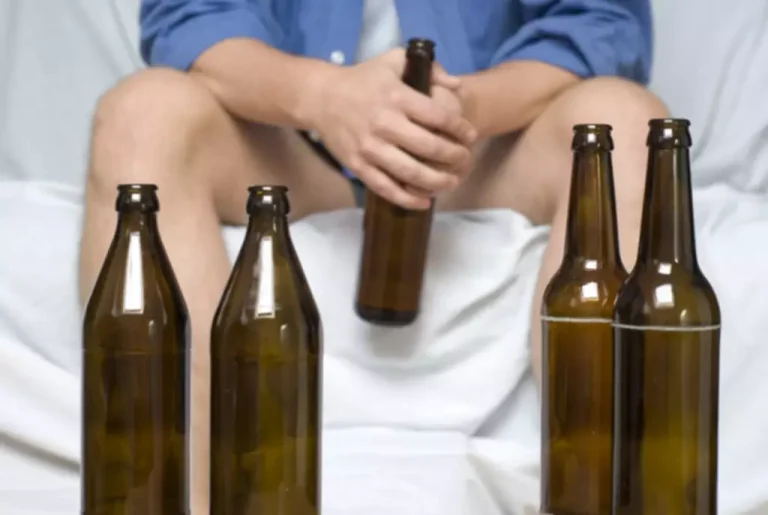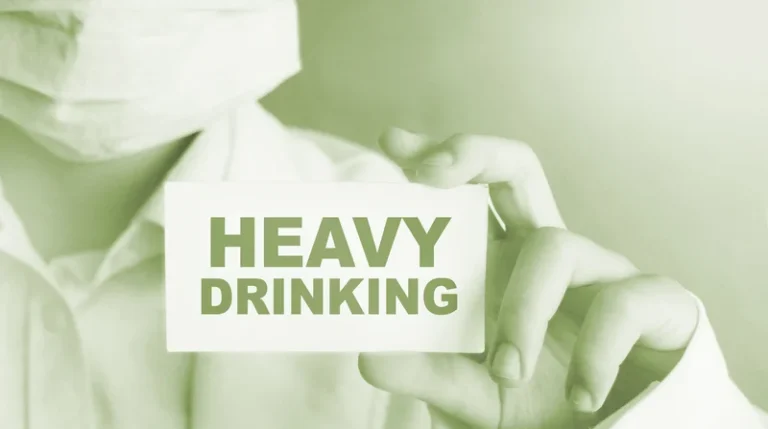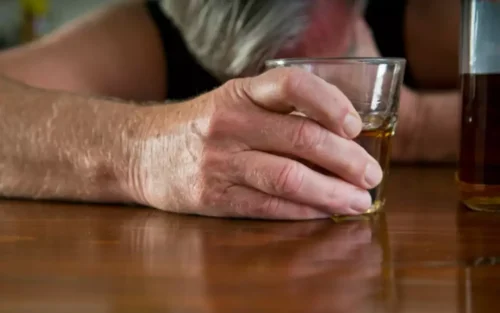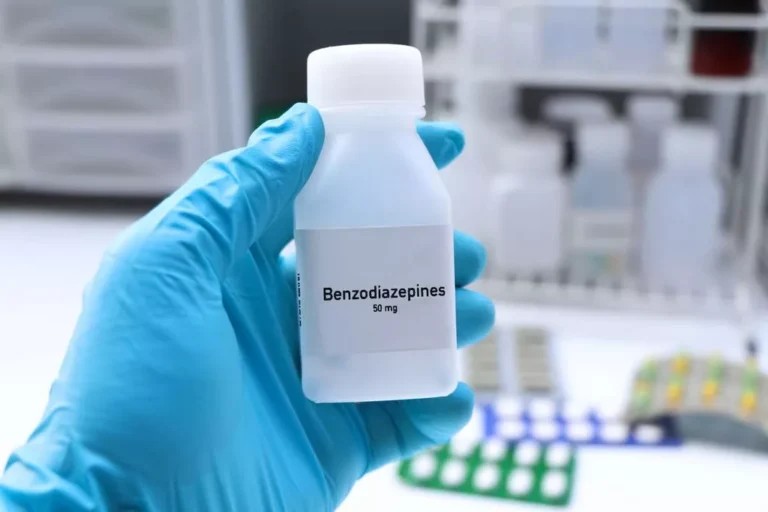Drug Detox: Process, Side Effects & Detox Centers Near Me

Take our free, 5-minute substance abuse self-assessment below if you think you or someone you love might be struggling with drug addiction. The evaluation consists of 11 yes or no questions that are intended to be used as an informational tool to assess the severity and probability of a substance use disorder. The test is free, confidential, and no personal information is needed to receive the result.
- Every person needs a comprehensive recovery plan that addresses educational needs, job skills, social relationships, and mental and physical health.
- Because addiction can affect so many aspects of a person’s life, treatment should address the needs of the whole person to be successful.
- Calls to our general hotline may be answered by private treatment providers.
Recovery from Addiction
- Reach out to a healthcare professional or addiction specialist to explore the detox options available and embark on your path to a healthier, happier future.
- Sober living environments can provide a safe and supportive space to focus on your recovery.
- Your body is reacting to being abruptly deprived of a substance upon which it had grown dependent.
- If you’re detoxing from opioids, you might get methadone or buprenorphine.
During the intervention, these people gather together to have a direct, heart-to-heart conversation with the person about the consequences of addiction. People struggling with addiction usually deny they have a problem and hesitate to seek treatment. An intervention presents a loved one with a structured opportunity to make changes before things get even worse and can motivate someone to seek or accept help. Use of hallucinogens can produce different signs and symptoms, depending on the drug. The most common hallucinogens are lysergic acid diethylamide (LSD) and phencyclidine (PCP).

What’s the Best Way to Find a Drug Detox Center?

This may seem like the easiest and cheapest way to detox, but quitting cold turkey can have serious health risks. Some substances are too strong to stop cold turkey without supportive medication. If you are going through the detox process or are planning to, you may want to consider contacting a doctor for a medically supported detox with a trained professional. An injectable form of naltrexone, Vivitrol is often utilized during opioid treatment and alcohol use disorders. While the oral form of naltrexone must be taken daily, the effects of a single injection of Vivitrol can last for one month.

What Is Addiction Recovery?
Because families are interactive systems, everyone is affected, usually in ways they are not even aware of. When a person goes into treatment, it isn’t just a case of fixing the problem person. The change destabilizes the adaptation the family has made—and while the person in recovery is learning to do things differently, so must the rest of the family learn to do things differently. Otherwise, their behavior is at risk of cementing the problem in place. Cravings are the intense desire for alcohol or drugs given formidable force by neural circuitry honed over time into single-minded pursuit of the outsize neurochemical reward such substances deliver. Cravings vary in duration and intensity, and they are typically triggered by people, places, paraphernalia, and passing thoughts in some way related to previous drug use.
Addiction can happen to anyone
Opiate and alcohol detox usually pose the most risks to the fetus. Choosing to detox at home can be dangerous and potentially deadly. Quitting “cold turkey” or without medical supervision can lead to serious issues such as seizures and severe dehydration. Detoxing on your https://ecosoberhouse.com/ own without medical support can sometimes be dangerous. Talking over possible strategies and approaches to detoxing with your doctor can be an important first step in recovery. Exact timelines and symptoms can depend on the individual and their previous substance use.

Common medications used to treat drug addiction and withdrawal
You can then acquire a list of treatment programs that accept your insurance in order to narrow down your search. High-quality programs also often have outside accreditation and the ability to connect you to longer-term resources and drug detox ongoing support. Visit Psychology Today’s Treatment Center Directory to find a medical detox facility near you. Only 1.0 percent of people receive substance abuse treatment as an inpatient or outpatient at a specialty facility.
We actively offer referrals when our clients have needs beyond our scope of services. The top objective is always to get our clients the help they need. By clicking “Submit,” you certify that you have provided your legal name and phone number, agree to the terms and conditions and privacy policy, and authorize Addictionresource to contact you.
- A full-time facility provides a supportive environment to help people recover without distractions or temptations.
- If you are addicted to alcohol, pills, or illegal drugs, the first step toward recovery is detox.
- Those factors include (but are not limited to) the substance used, the types and intensity of symptoms, and contributing mental health concerns.
- The most common hallucinogens are lysergic acid diethylamide (LSD) and phencyclidine (PCP).


